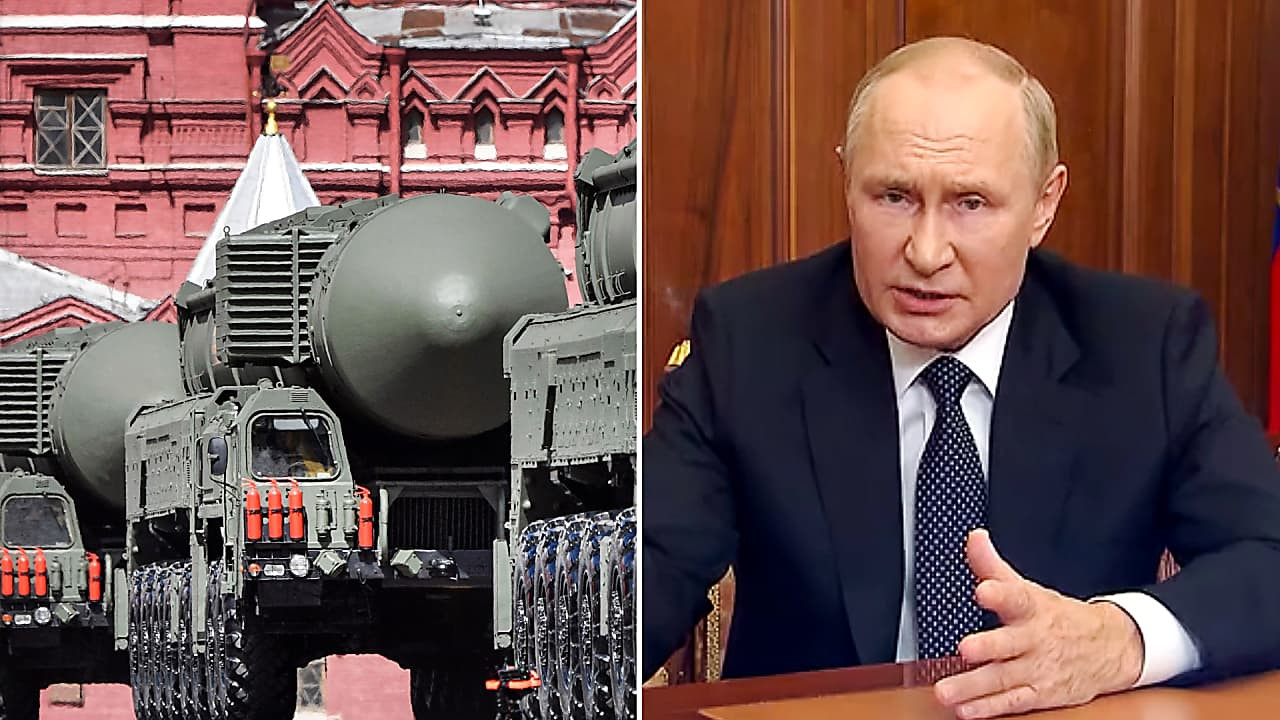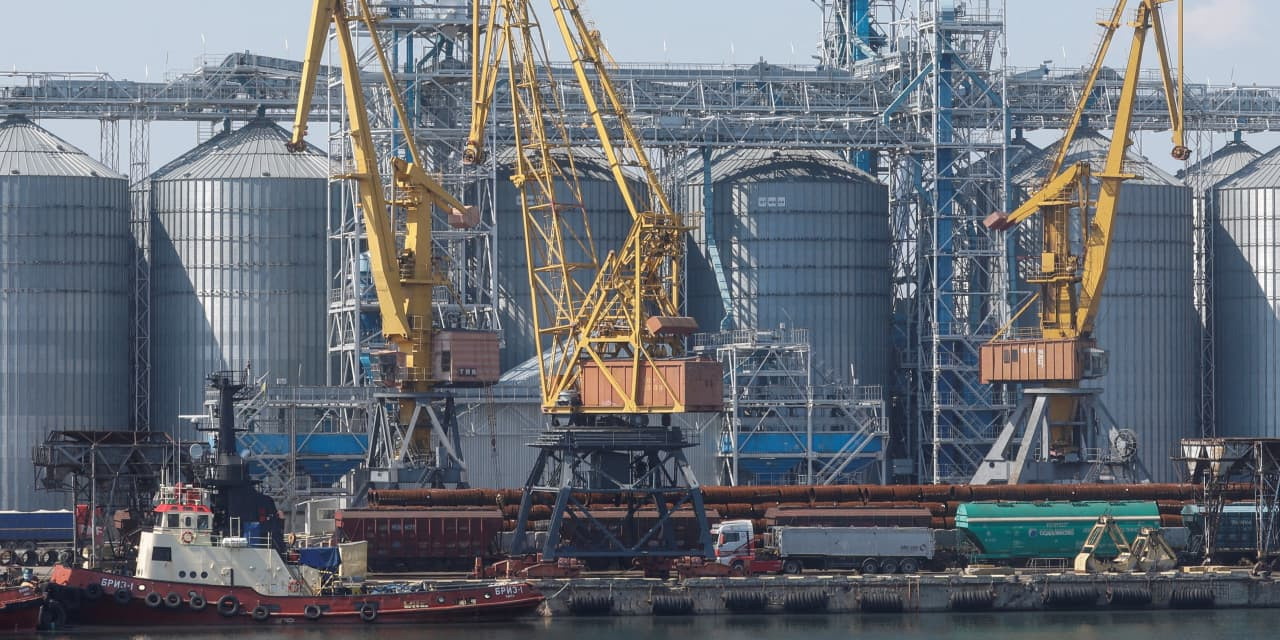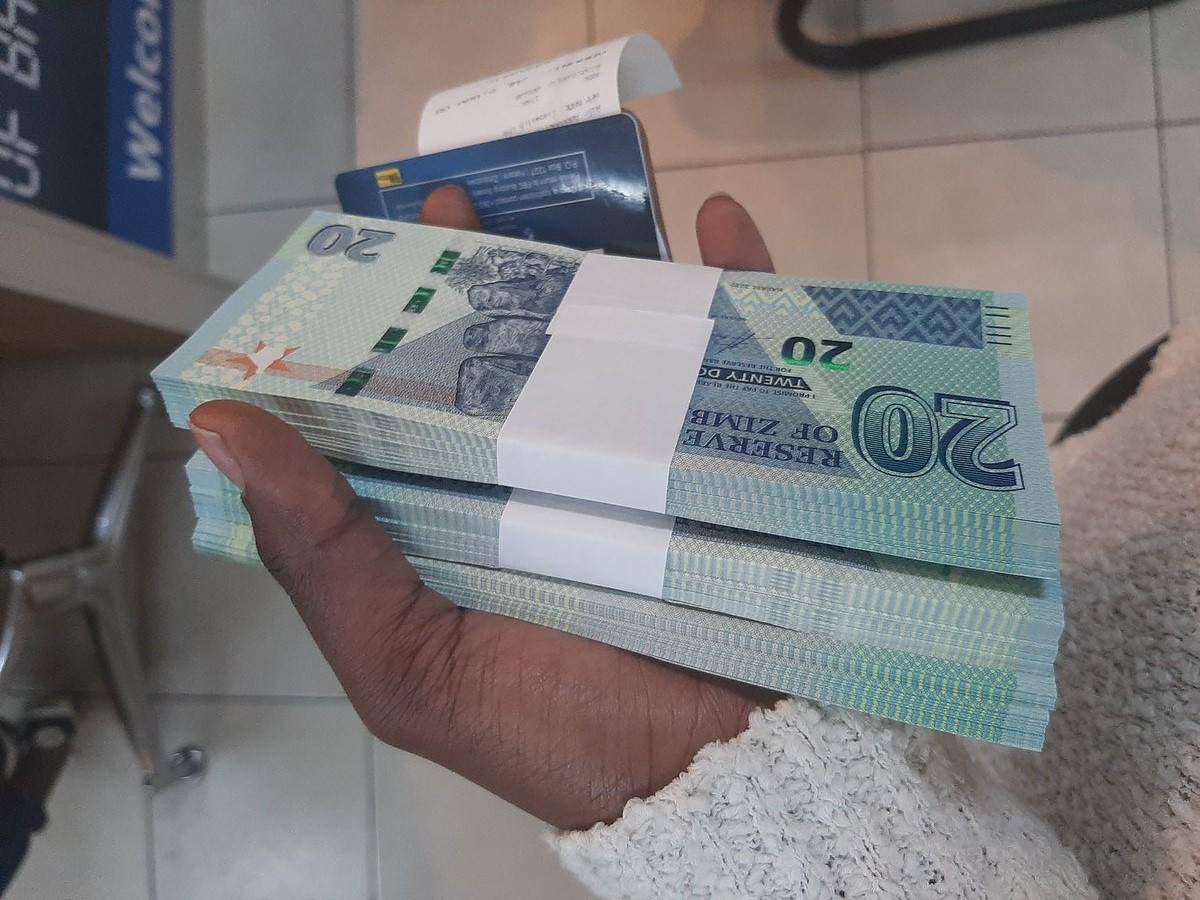Russian president Vladimir Putin has said that Moscow should consider limiting exports of uranium in retaliation for Western sanctions. In televised comments addressed to Russian government ministers, Mr Putin said such restrictions could also be introduced for other commodities, and noted that Russia was a major producer of natural gas, diamonds and gold. “Please take a look at some of the types of goods that we supply to the world market ... Maybe we should think about certain restrictions - uranium, titanium, nickel,” he urged Russian prime minister Mikhail Mishustin.
Uranium, a naturally occuring metallic element, is extracted from ore and used to power nuclear reactors. Mr Putin’s remarks drove shares in uranium mining firms upwards on the expectation of higher prices for the commodity. In 2023 the US and China topped the list of Russian uranium importers, followed by South Korea, France, Kazakhstan and Germany. Russia is the world’s largest exporter of nuclear fuel and technology.
Since the start of the war in Ukraine, Western governments have been attempting to limit their reliance on Russian exports. In May, US president Joe Biden signed into law a ban on enriched uranium imports from Russia, a trade worth around $1bn (£767bn) annually. However, it contained waivers in case of supply concerns that would allow the US Department of Energy to maintain normal levels of Russian uranium imports through to 2027. Russia accounted for 27pc of the enriched uranium supplied to US commercial nuclear reactors last year. “It will be really hard to replace, especially in the short term, the next 2-3 years,” said Citi analyst Arkady Gevorkyan. “Western enrichers are only making plans to build additional enrichment capacity, which would require at least three years to be completed. We anticipate that utilities in the US might be able to partially replace it by importing low enriched uranium from China.”
In January last year, the UK government launched a Nuclear Fuel Fund to bolster domestic nuclear fuel production. At the time, it said that Russia owned around 20pc of global uranium conversion capacity and 40pc of enrichment capacity. Tom Greatrex, chief executive of the Nuclear Industry Association, told The Telegraph that the UK does not use any Russian uranium and that the industry has more than 12 months’ supply in storage. EDF, which operates eight British nuclear power stations, is understood not to use Russian uranium in the UK. Last year, it told a Commons select committee: “We are determined to eliminate Russian material completely from the UK fuel cycle”.
Any limits by Russia could prove lucrative for hedge funds, which have stockpiled barrels of raw uranium, and would benefit from higher global prices.
Impact on Nickel and Titanium Markets
Putin's remarks also targeted potential export restrictions on titanium and nickel. These metals are crucial components in various industries, including aerospace, automotive, and manufacturing. The threat of export restrictions has already led to a surge in nickel prices, reflecting market anxieties.
Nickel Prices Jump
The three-month contract for nickel rose 2.5pc to an intraday high of $16,110 per metric ton on the London Metal Exchange (LME) after Putin’s remarks. China is the top nickel buyer from Russia, importing 38,026 tons last year, which accounted for 38pc of Russia’s nickel exports, according to Trade Data Monitor. Almost 30pc of Russian nickel exports, or 29,172 tons, went to the Netherlands last year for shipment to other European countries.
A Strategic Move or a Calculated Risk?
Putin’s statement is viewed by some analysts as a strategic move to exert pressure on Western economies. The potential export restrictions on uranium, titanium, and nickel could significantly disrupt global supply chains and impact industries heavily reliant on these materials. However, others argue that such a move could backfire, ultimately harming Russia's own economy.
Potential Economic Fallout
While Russia is a major supplier of these commodities, imposing export restrictions could lead to retaliatory measures from Western nations. These measures could include additional sanctions, further isolating Russia from the global market. Moreover, Russia could face a decline in export revenues, hurting its own economic stability.
The Future of Global Commodities
Putin’s pronouncements about potential export restrictions have cast a shadow of uncertainty over the global commodities market. The threat of disruption in supply chains could drive prices higher, impacting both producers and consumers. The situation highlights the complex geopolitical dynamics intertwined with the global commodities market. As tensions between Russia and the West continue, the future of key commodities like uranium, titanium, and nickel remains uncertain, potentially leading to volatile price fluctuations and heightened economic risks.
The Fallout: A Domino Effect?
The potential for Russia to limit exports of these critical materials has far-reaching consequences. The domino effect of such a move could disrupt global manufacturing, energy production, and technological advancements, ultimately impacting economies around the world.
A New Era of Resource Dependence?
Putin’s actions raise a critical question: are we entering a new era of resource dependence, where geopolitical tensions could dictate the availability and price of vital resources? This uncertainty underscores the need for robust supply chain diversification, strategic resource management, and a more balanced global economic landscape, one less susceptible to the whims of individual nations.


















